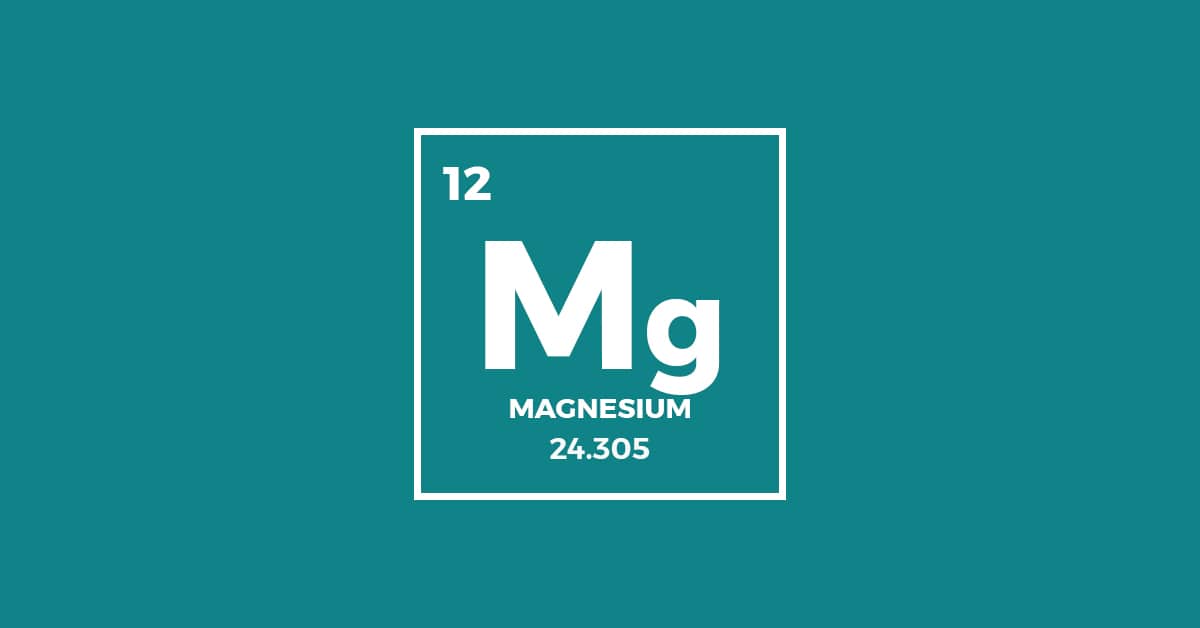5-minute read•July 9th, 2018
Magnesium is produced in aging stars. When stars become supernovas and explode, magnesium is dispersed into space. And that’s the short story of how it ended up on Earth, particularly in the Greek district of Magnesia, where it was first found by man and got its name. It’s probably safe to say that magnesium came a long way to end up on your plate. Let’s have a look.

Short on time?
Best known for: Keeping your bones, muscles and heart healthy.
Good sources: Green leafy vegetables, legumes, nuts, seeds and whole-grain products.
Adequate intake (AI): 350 mg/day for adult men; 300 mg/day for women. High doses of magnesium supplements can be toxic. The safe upper limit for supplements taken next to your regular diet is 250 mg/day.
Good to know: After vitamin D deficiency, magnesium deficiency is the second most common in developed countries. It affects 2.5-15% of the general population.
Magnesium in Jake:
Jake Light and Original: 33% of AI
Jake Sports: 25% of AI
Vitaminbars: 25-26% of AI
What is magnesium?
Magnesium is abundant in your body. It’s mostly in your bones and soft tissues, and it makes up about 25 grams of your weight. Only about 1% of the magnesium in your body is found in the blood, where its concentration levels are kept under tight control by the kidneys. They make sure that any excess amounts of magnesium in your blood are excreted. In case your magnesium consumption is low occasionally, your kidneys reduce magnesium excretion accordingly.
Health benefits of magnesium
As an important electrolyteAn electrolyte is a substance that dissociates into charged particles, ions, in solution. This enables it to conduct electricity. It also assists the functioning of more than 300 enzymes. This makes magnesium a key part of protein and DNA synthesis, muscle and heart function, as well as blood pressure regulation.
The key functions of magnesium are:
- Contributes to the maintenance of strong bones
- Activates your natural energy in the body
- Contributes to the functioning of the memory
- Important for normal muscle function
- Important for maintaining strong teeth
According to some studies, taking 100 mg of magnesium supplements per day next to your regular intake from food might help decrease the risk of stroke.Source: The American Journal of Clinical Nutrition However, most research to date has not controlled for the potential role of other nutrients in this effect. As a result, it’s not currently possible to determine the individual role of magnesium on stroke prevention.
Magnesium burns with a bright white light, which makes it perfect for use in pyrotechnics and photographic flashbulbs.
How much magnesium do you need?
Healthy adult men need 350 mg of magnesium per day and women need 300 mg per day. These amounts reflect the adequate intake level (AI) established by the European Food Safety Authority (EFSA). To be exact, that’s 105 roasted almonds.
Magnesium in foods
Magnesium is widely available in a variety of foods. Green leafy vegetables, like spinach, as well as legumes, nuts, seeds and whole grains are rich sources of magnesium. You can also find it in some tap or mineral water, but the amounts vary based on the source and brand.
Some of the best sources of magnesium are:
| Food | AI (%)* | Magnesium (mg) |
|---|---|---|
| Almonds, dry roasted (28 g) | 23% | 80 |
| Spinach, boiled (90 g) | 22% | 78 |
| Cashews, dry roasted (28 g) | 21% | 74 |
| Edamame, cooked (78 g) | 14% | 50 |
| Whole-wheat bread (2 slices) | 13% | 46 |
* Based on the adequate intake (AI) established by EFSA for healthy adult men (350 mg/day).
Magnesium metabolism is closely related to vitamin D metabolism. Magnesium converts vitamin D into its active form, which in turn enhances the absorption of calcium in your body. Therefore, even if you’re getting enough vitamin D, your body would not be able to use it without sufficient magnesium in your diet.
What if you’re not getting enough magnesium?
Magnesium deficiency is the second most common nutritional deficiency in developed countries, after vitamin D. Between 2.5-15% of the general population has suboptimal levels of magnesium in their blood.
Short-term or occasional drops in magnesium consumption can be compensated for by the kidneys, which adjust the levels of magnesium excretion accordingly. Deficiency is observed after a prolonged period of low magnesium intake.
Although everyone should pay attention to their magnesium intake to avoid deficiency, some factors such as chronic alcoholism, type II diabetes and advanced age can further increase the risk of magnesium deficiency.
How much magnesium is too much?
You’re unlikely to consume excessive amounts of magnesium, as healthy kidneys are well equipped to get rid of magnesium, as necessary. However, you can have too much magnesium from supplements. Extreme doses of more than 5 g/day (1400% of the AI) can be toxic and even fatal.
To avoid adverse effects, stick to the tolerable upper intake level (UL) of 250 mg/day. This UL refers to supplements taken in addition to your regular diet. There is no specific upper intake level established for magnesium naturally occurring in foods.
Take-aways
These are the three main things to remember about magnesium:
- You can find magnesium in a variety of foods. It’s most abundant in green leafy vegetables, legumes, nuts, seeds and whole-grain products.
- Magnesium deficiency is common, affecting 2.5-15% of the general population.
Afraid to miss out on essential nutrients your body needs? You can always take our Jake meal replacement shakes or one of our delicious meal replacement bars.








